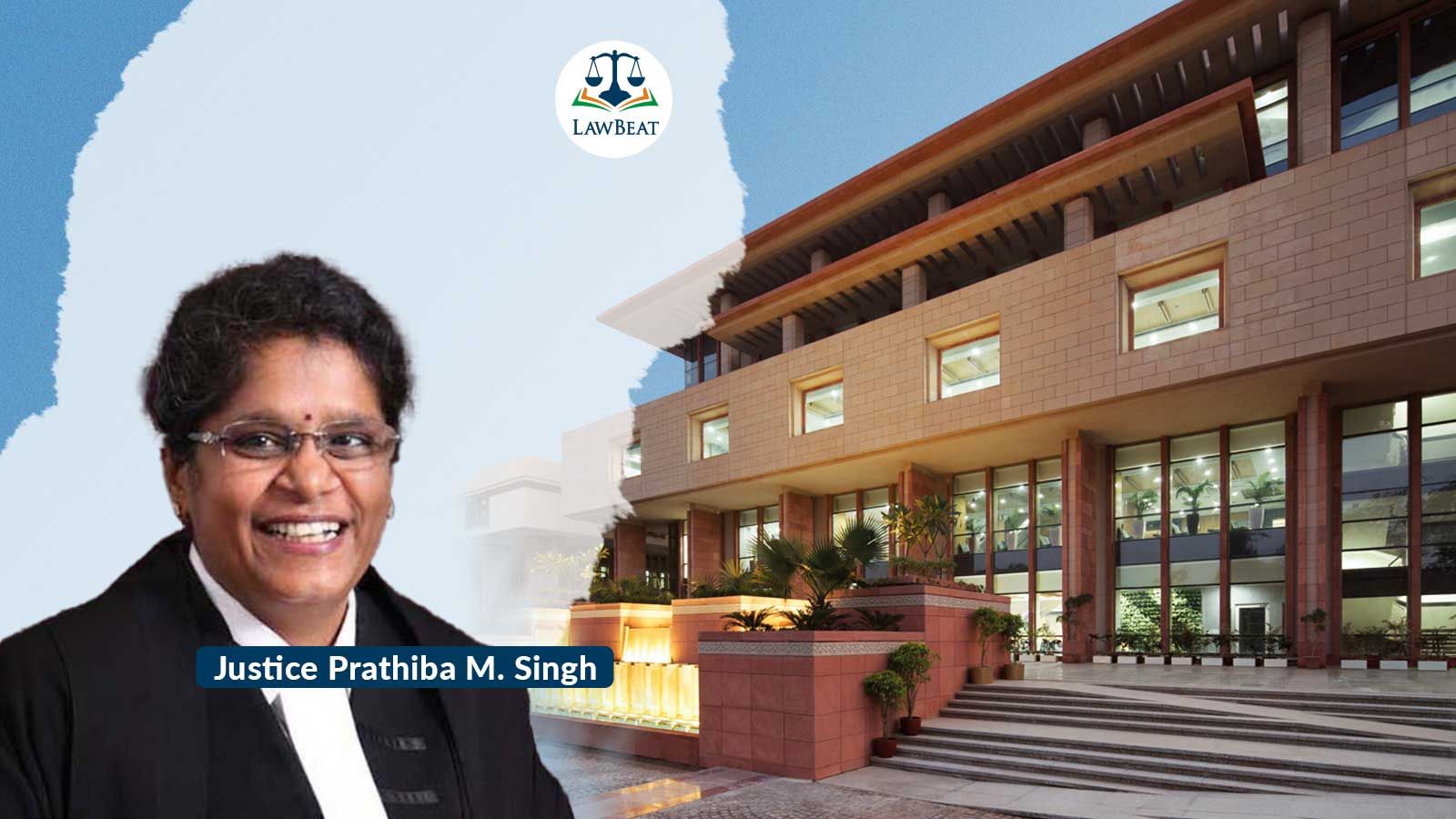Fulcrum of any society following rule of law is to reform a person, not condemn them: Delhi HC

The Delhi HC has observed that a person has the right to ask publishers to take down articles which were published in a case related to them
The Delhi High Court has observed that condemning a person is not the primary purpose of any society following rule of law. Instead, focus should be on reforming the person.
Observation was made in an order related to a petition filed by a 33-year old graduate. The petitioner had done an immature prank on a friend. At the time of the prank, both had friendly relations for 18 long years. However, due to immature nature of the prank, a FIR was registered against the petitioner. One of the charges include extortion under Section 384 of IPC, which is punishable upto 3 years. Later, Sections 66A and 67A of IT Act, 2000 were also added during the filing of chargesheet.
Petitioner had to spend a week in custody. After that a settlement was arrived at, leading to bail.
Present petition arose due to petitioner's employer coming across published articles on the case. After reading those published articles, the petitioner had been suspended from the job. Petitioner contended that removal of those articles from the Internet is a prerequisite for his employment. A total of 8 entities were summoned. These include Google, Ministry of Electronics and Information Technology (Meity) and Indian Express.
Justice Pratibha M. Singh sought to chalk a balance between Right to Privacy of petitioner and Right to Information of Public. Both are fundamental rights under Article 21 and Article 19(1) of the Constitution respectively. Turns out, the Delhi HC had examined the same issue in Zulfiqar Ahman Khan v. Quintillion Businessman Media Pvt. Ltd & Ors.
According to this judgement, the petitioners have the right to ask publishers to pull down articles related to their case. The Court's reasoning behind it is social stigma attached to someone’s name being attached to the Court related matters. In High Court’s own words, “That would create a permanent atmosphere of suspicion and animosity towards the Plaintiff and also severely prejudice his personal and professional life.”
Similar issue had arisen in a case named Subhranshu Rout v. State of Odisha. In that case, the Odisha High Court had also acknowledged the prejudice due to published articles causing harm to the acquitted person, his social life and career prospects. In fact, it had termed those harms ‘irreparable’.
Regarding the present case, the Delhi High Court observed the current status of petitioner. The petitioner is a young executive and a careful consideration was necessary before passing any order. HC accepted the premise that petitioner’ career prospects are likely to be jeopardised due to continuous presence of impugned articles on the Internet. It would have a significantly negative effect on Petitioner’s well-being, mental health, career prospects and prospects in life and family.
The HC laid emphasis on the reformative side of Criminal Justice, rather than the punitive one. In this case, a settlement had been arrived at and both parties had moved on. Consequently, the petitioner has the right to practise any profession in which the past would not become a hurdle. But, articles available on the Internet had become a massive hurdle in the petitioner's life. Even after years of settlement and acquittal, the petitioner was under constant societal condemnation due to the presence of these articles on the Internet.
The HC decided to relieve the petitioner of that stigma. It observed, “The fulcrum of any society following the Rule of law would be to reform a person and not condemn a person permanently. While bearing these factors in mind and considering the order extracted above, it is deemed appropriate to direct all the publishers i.e., Respondent No.3 to 10 to remove the article”…
In the detailed order, Justice Pratibha M. Singh asked the petitioner to submit URLs of every article whose removal is sought. After that the concerned portal will take it down within 48 hours. Only Indian Express has been granted one week time for removing the articles.
To ensure that there is no regulatory hurdle, MEITY has been ordered to issue direction for blocking of articles related to the petitioner. Additionally, Google has been ordered to block those articles from its search Engine.
Case Title: Mr. SJ V. UOI & ORS.
